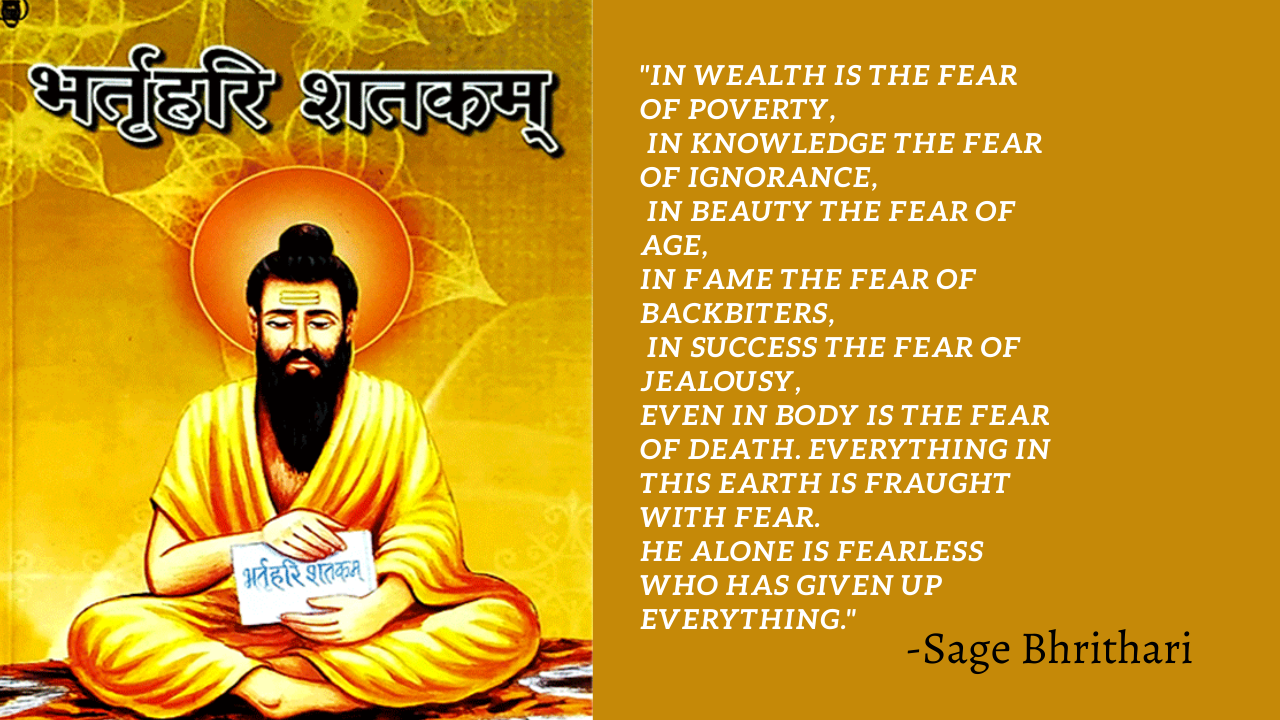"I Feel, Therefore I Am" - New Approach to Study Consciousness.
If you're a regular Impulsum reader, you know it very well that we love to discuss life and study consciousness. In that attempt, we take shelter of logic, philosophy, spirituality, science and literally any perspective at hand.
Earlier, we had dedicated a blog to the legendary polymath Rene Descartes - dwelling deep into his works on rationality, scientific thinking rather than he's commonly famous for - his contributions towards math and science.
If you remember, in that blog we had seen how he said "Cogito, Ergo Sum" which means, "I think, therefore I am."
Well, it's the first principle of Cartesian system of logic and empiricism - thinking, doubting, rejecting authorities and beliefs.
This 18th century Cartesian ideology really invoked Intellectualism and Scientific Thinking among the masses, thanks to which we see phenomenal civilisational progress today - but today's blog attempts to add to Descartes' observations - in modern-world context.
Declaring logic and rationality as the highest virtue of humans is really good; but I'm afraid it won't help us much in understanding ourselves, our consciousness. The thing is, literally we've written past two blogs on this matter. Intellect is not the main ingredient to study consciousness.
If Descartes were alive today, and were shown the exceptional abilities of ChatGPT - he probably might exclaim, and according to his "Cogito Ergo Sum", term AI as on par with humans, and ofcourse, better than humans. ChatGPT fills his definition of consciousness than humans. Aye, animals don't think, plants don't think; are they even alive then, Sir Descartes?
I read an article the other day, which perfectly satisfies all life forms' living experience.
"I feel, therefore I am."
António Damásio, a leading neuroscientist believes that it is an error to define consciousness as thinking.
Consciousness, the recognition of the self and awareness of oneself in one’s surroundings, is a process scholars have long struggled to understand. Because scientists have historically regarded reason as a virtue of value, while viewing emotion as less dignified, people were desperate to believe that consciousness is housed in the brain’s highest form of thinking.
Damásio argues that this top-to-bottom approach to consciousness cannot uncover its true nature because consciousness actually arises from the opposite direction.
An everyday cooking experience can illustrate this bottom-top understanding of consciousness. Picture yourself, in the midst of preparing a meal, carelessly grabbing a searing hot baking sheet.
Yowch! The unbearable pain compels you to drop the pan immediately. In less than a second, the hand’s sensory receptors fired a signal to the brain, neurons registered the sensation of pain, and motor neurons carried out the instruction to reduce harm through a behavioral response. The feeling of pain, rather than a thoughtful analysis of it, brought about awareness of the body.
“Feelings are the ambassadors of the state of life in your organism,” Damásio said.
“Consciousness is about experience. It’s internal, and it’s private. You can make guesses about what is going on in somebody’s mind, but you have no authority or capacity to know,” Damásio continued.
When you walk out the door on a summer morning, the warmth you receive from the sun and your visual perception of the blue sky tell you, through a qualitative, positive feeling, that it’s a good day. No one knows you’ve reached this conclusion, that is unless you turn to your friend and say, “What a lovely day!”
Interesting way of putting it, isn't it?
Here, I would like to argue from the standpoint of Vedanta.
Damásio here pressumes that consciousness is only limited to sensual experience - touch, sight, taste, sound, smell. Herein lies the assumption that we are but our bodies, this flesh and nerves, and nothing more.
Vedanta says, if that is the case, then why we see various degrees of manifestation of that consciousness in ALL life forms, down from a cell to the most sophisticated human being - ALL CONTINUALLY EVOLVING?
What is it inside our genetic make-up which says, "oh! There is light. I can have eyes." "Ah, but I live under water.. Let me have gills, scales etc. etc." "Ah, these humans started using phones and computers? In a few decades, let me make their backs, eyes, adapted to that change."
Down from an ant to a lion and a human, we all inherently have that struggle for survival against this crushing nature. Each time nature throws difficult challenges, we come up more perfected in evolution!
The body changes, psycology changes, everything changes. What is that which is this awareness of "I" within us?
This "I", in all life forms, originates from unity and goes back to unity. Why is that?
We are a long way to know consciousness.
But that's for sure, that we are ready to humbly and curiously hear from scientists, sages, neurologists, philosophers, whoever!
PS:- This inner voice says to me, "Hear from all. You're going to get nothing, unless you hear your own self, and realise yourself."
Sri Ramkrishna used to say, " When you realise yourself, you realise God."
Thanks,
Daksh Parekh.



Comments
Post a Comment